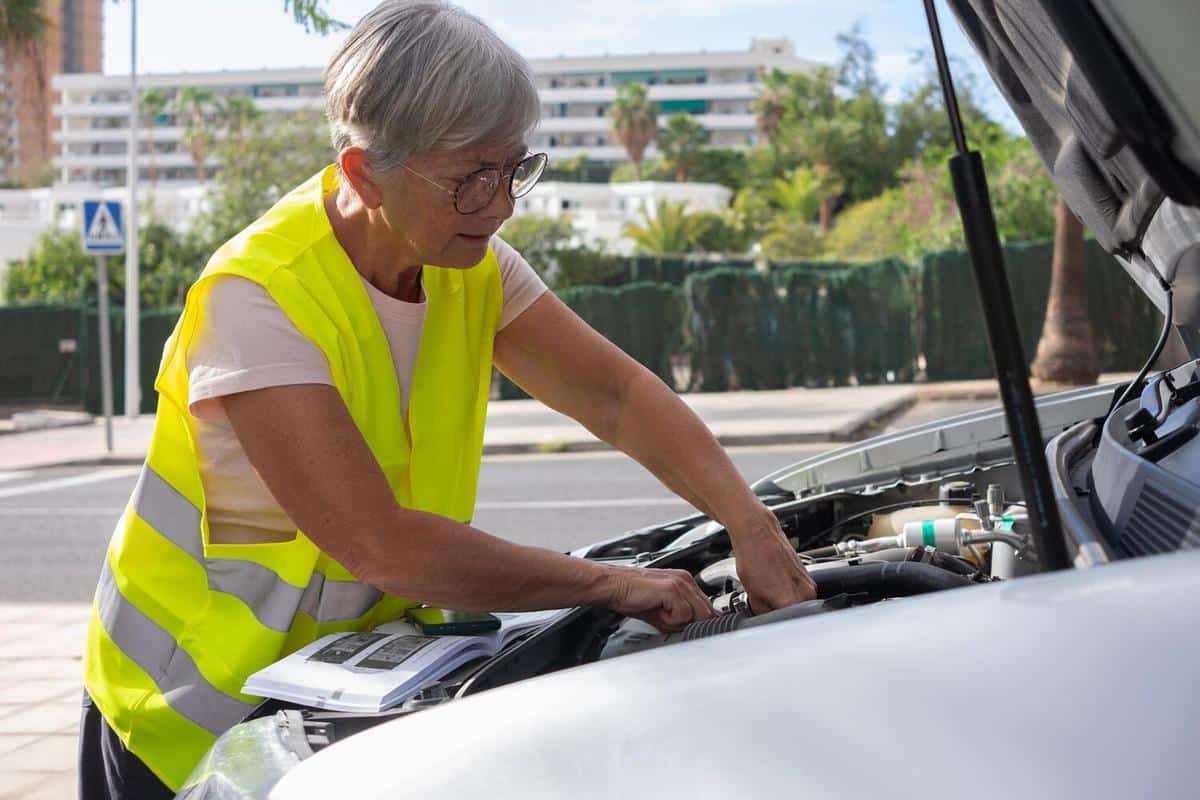
Electric Car Maintenance: What You Need to Know
Electric cars are rapidly transforming the automotive landscape, offering a cleaner alternative to traditional vehicles. But maintaining these high-tech machines requires a different approach. This blog post will guide you through the essentials of electric car maintenance, ensuring your vehicle runs smoothly and efficiently.
As electric vehicles (EVs) become more prevalent, understanding their maintenance needs is crucial for any owner. Unlike traditional cars, electric cars have fewer moving parts, which often means less maintenance. However, they also come with unique requirements that can impact their longevity and performance.
Understanding Electric Car Maintenance
Electric cars are powered by electric motors and batteries, eliminating the need for oil changes, spark plugs, and fuel filters. According to the U.S. Department of Energy, EVs can reduce maintenance costs by up to 50% compared to gasoline cars due to fewer mechanical components.
Battery Care
The battery is the heart of your electric vehicle, and proper care is essential. Experts recommend keeping the battery charged between 20% and 80% to prolong its life. Avoid frequent fast charging, as it can degrade the battery over time.
| Maintenance Task | Frequency | Notes |
|---|---|---|
| Tire Rotation | Every 5,000-7,000 miles | Ensures even wear |
| Brake Check | Annually | Regenerative braking reduces wear |
| Battery Inspection | Annually | Check for wear and tear |
| Coolant Check | Every 5 years | Vital for battery temperature regulation |
| Cabin Filter Replacement | Annually | Maintains air quality |
| Software Updates | As needed | Improves performance |
| High Voltage System Check | Every 2 years | Ensures electrical safety |
| Suspension Inspection | Every 15,000 miles | Ensures smooth ride |
Expert Insights
According to automotive expert Alex Taylor, “Regular software updates are crucial for electric vehicles as they not only enhance features but also address potential issues.” Keeping your vehicle’s software up to date ensures optimal performance and can prevent costly repairs.
Personal Anecdote
Take the story of Mike, a long-time EV owner, who discovered the importance of regular brake checks. “I was amazed at how little wear my brakes had after 50,000 miles,” he shared. “Thanks to regenerative braking, my maintenance costs were much lower than expected.”
Actionable Tips
- Schedule regular check-ups with a certified electric vehicle technician.
- Monitor tire pressure regularly to improve range and safety.
- Utilize home charging options to reduce costs and battery stress.
- Familiarize yourself with your EV’s maintenance manual for specific guidelines.
Conclusion
Maintaining an electric vehicle is more straightforward than it might seem, primarily due to fewer mechanical parts. By focusing on battery care, staying up-to-date with software updates, and following routine maintenance checks, you can ensure your EV remains efficient and reliable.
Frequently Asked Questions
What is the typical lifespan of an electric car battery?
Electric car batteries typically last between 10 to 15 years, depending on the make and model.
Do electric cars require oil changes?
No, electric cars do not require oil changes as they do not have traditional engines.
How often should I check the tires on my electric vehicle?
Tire pressure should be checked monthly, and tire rotation should be done every 5,000-7,000 miles.
Is fast charging bad for my electric vehicle?
Frequent fast charging can degrade the battery over time, so it’s best used sparingly.